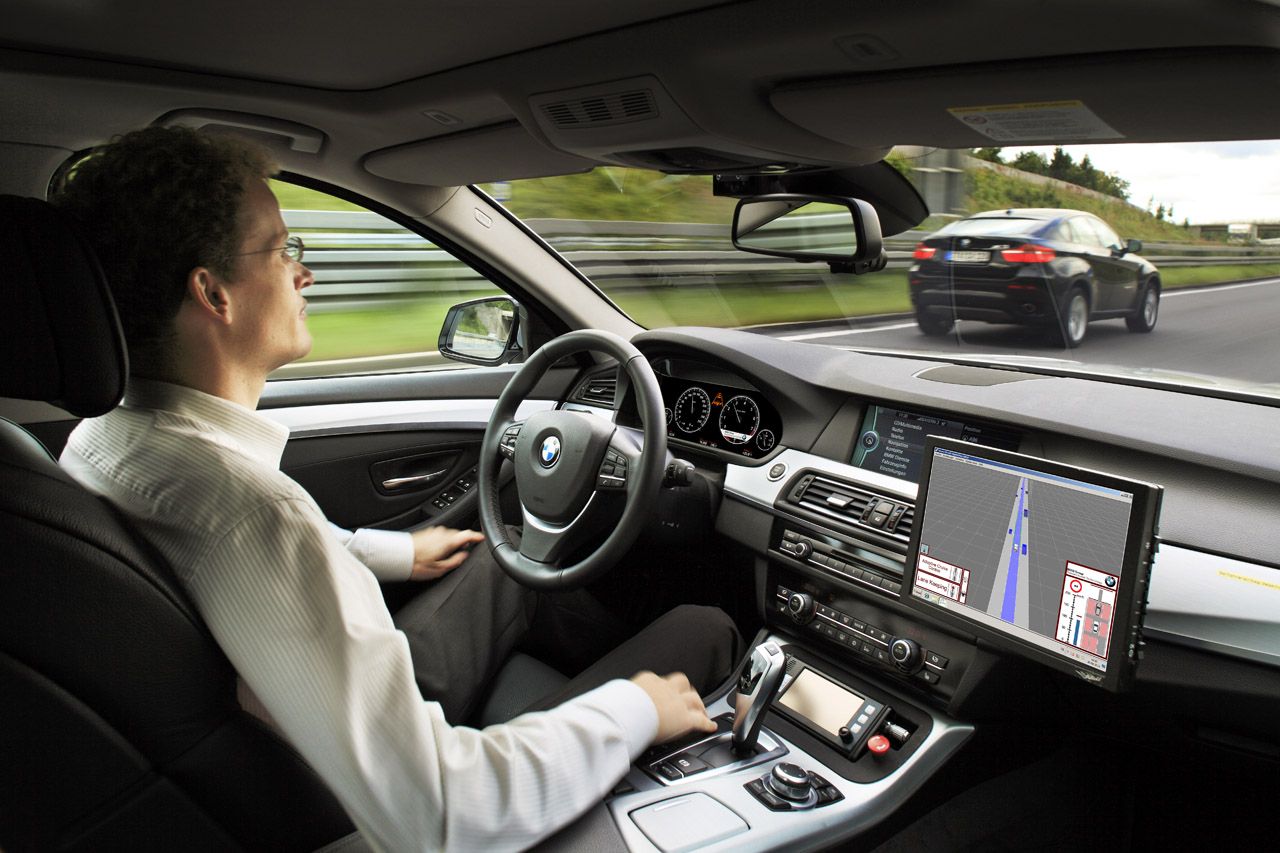The government is set to usher through a new law that will bring self-driving cars one step closer to Danish roads.
The transport minister, Ole Birk Olesen, will propose the new law this week – a move that would open up the possibility of trials involving driverless cars in the future.
“Our legislation must be adequate in a way that allows us to try out the potential of the new technology within the scope of controlled traffic safety,”
“We can’t ignore the gradual development taking place in self-driving car technology. From the ABS brake, which allows inexperienced drivers to perform close to a perfect car brake in a critical situation, to intelligent headlights, pedestrian protection and automated parking.”
READ MORE: Driverless electric bus to be tested in Aalborg
Embracing the future
Olesen argued that a more updated law would make it possible to implement the functionality of the self-driving cars for innovation in the public and business sectors.
Aalborg and Vesthimmerland are among the municipalities that have plans involving self-driving buses on limited stretches of road.
However, the minister also realises the risks involved with self-driving vehicles, which will need to adhere to strict criteria and pass rigorous trials before being green-lighted.
Parliament is expected to see the proposal on Wednesday.













